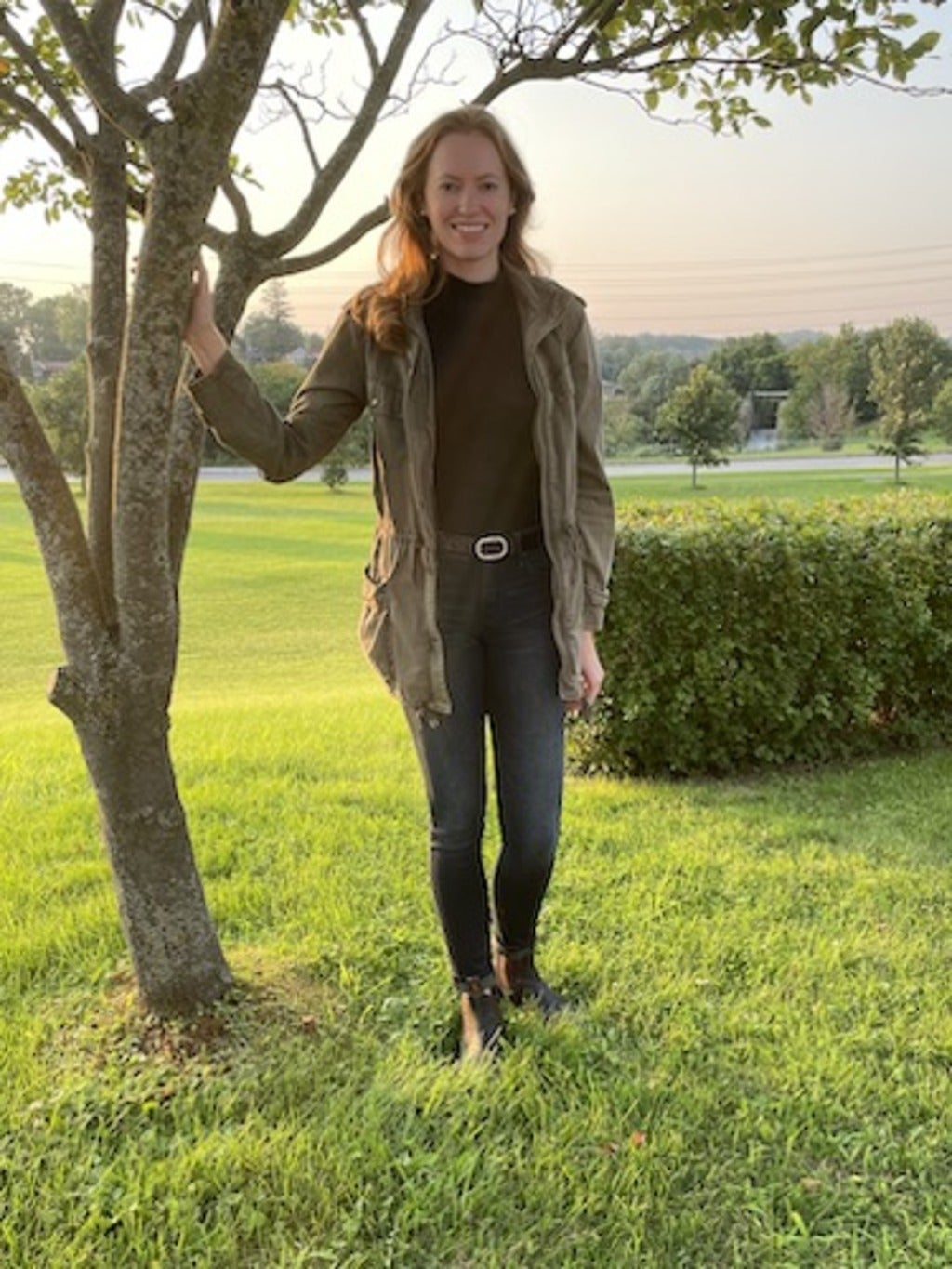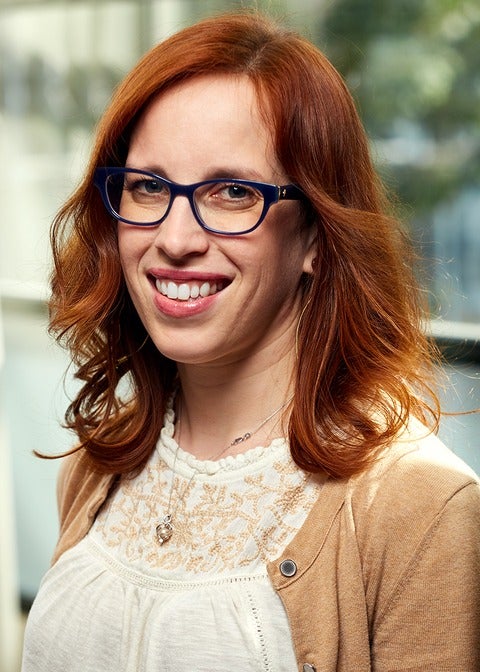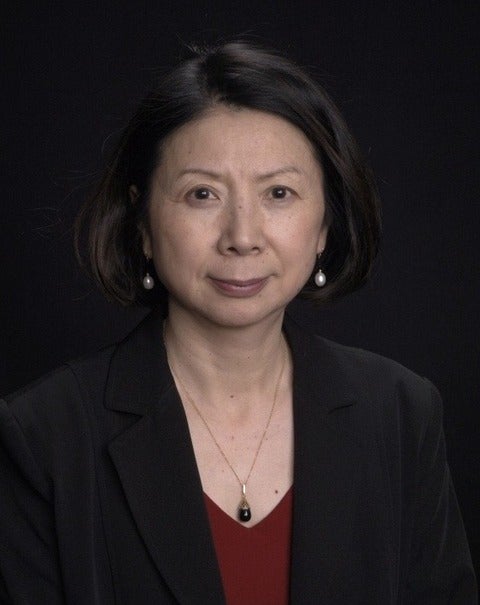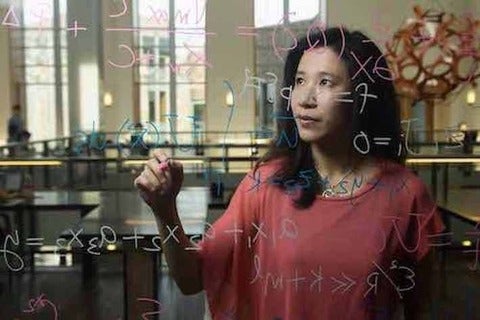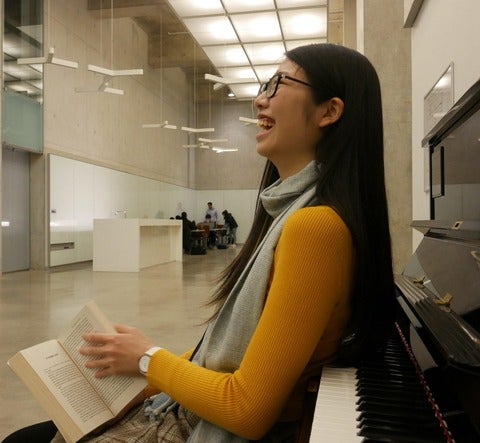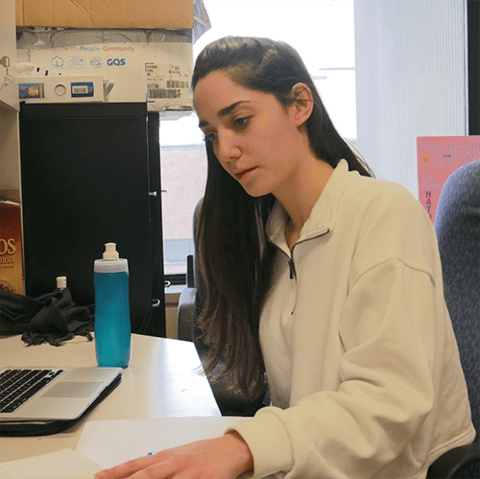The practical application of mathematical knowledge

But for the second-year PhD student in the Department of Combinatorics and Optimization, the research is fully grounded and relevant. Van Dyk’s research finds practical application for one of the largest companies in the world, Amazon.
